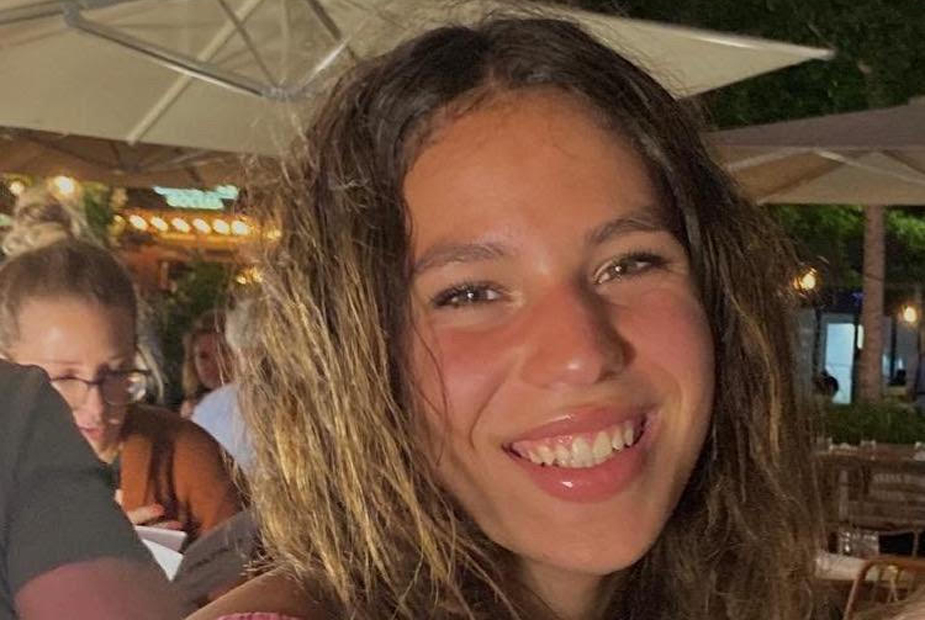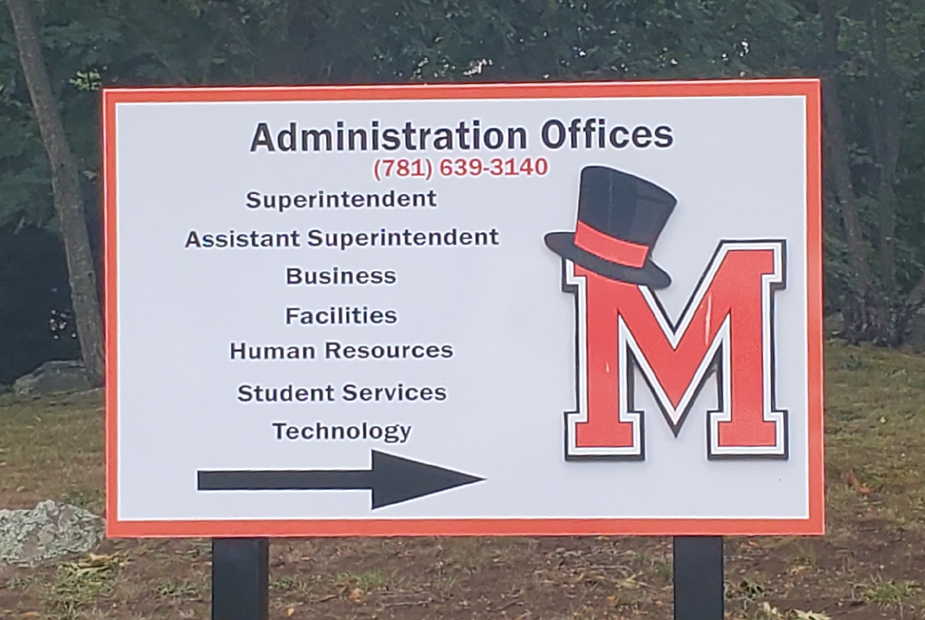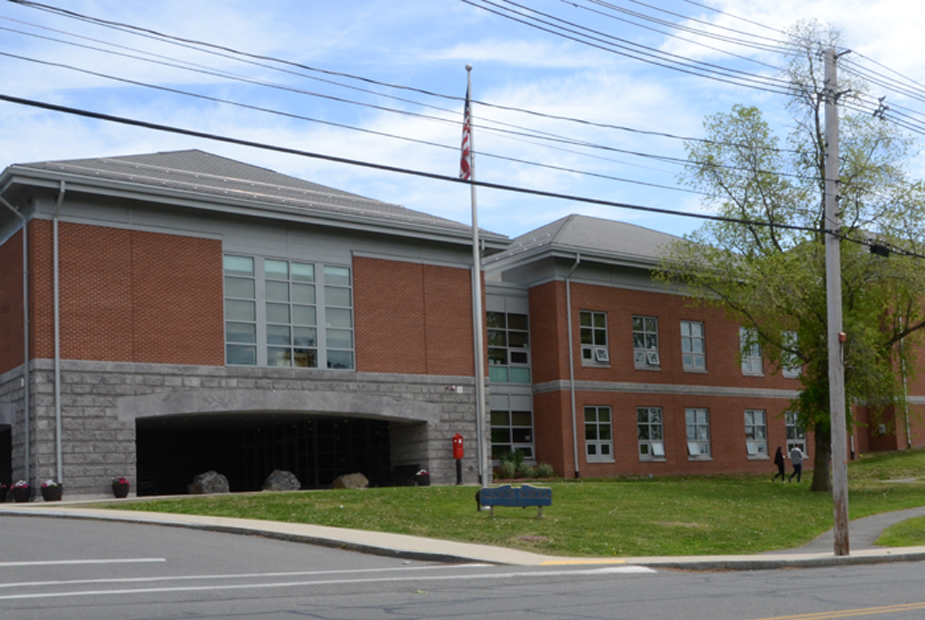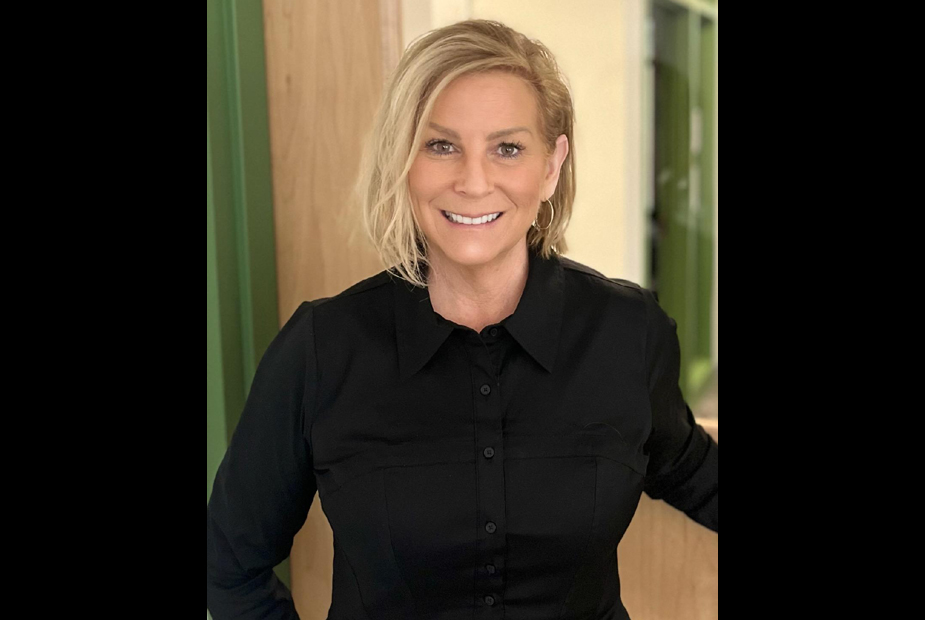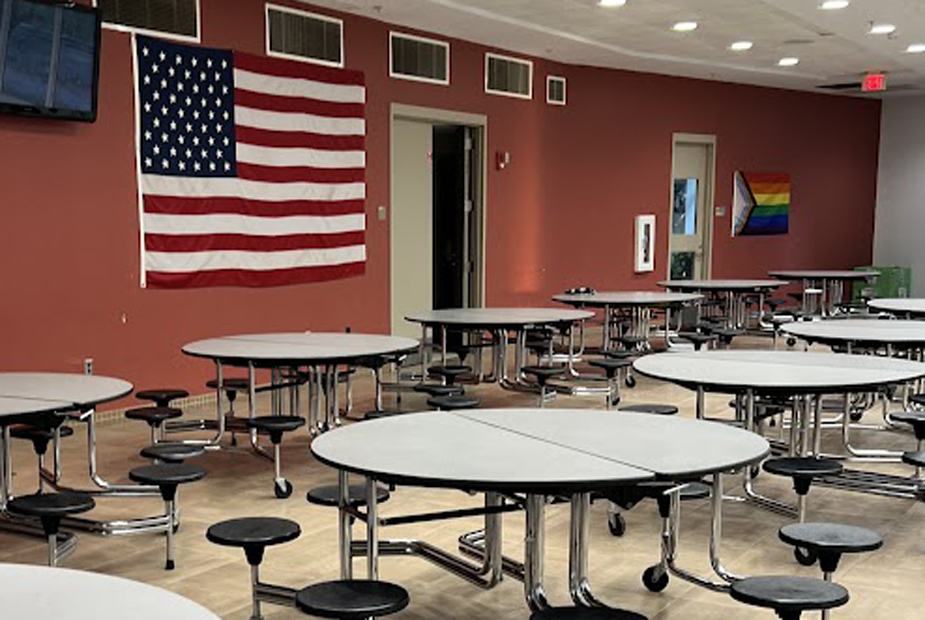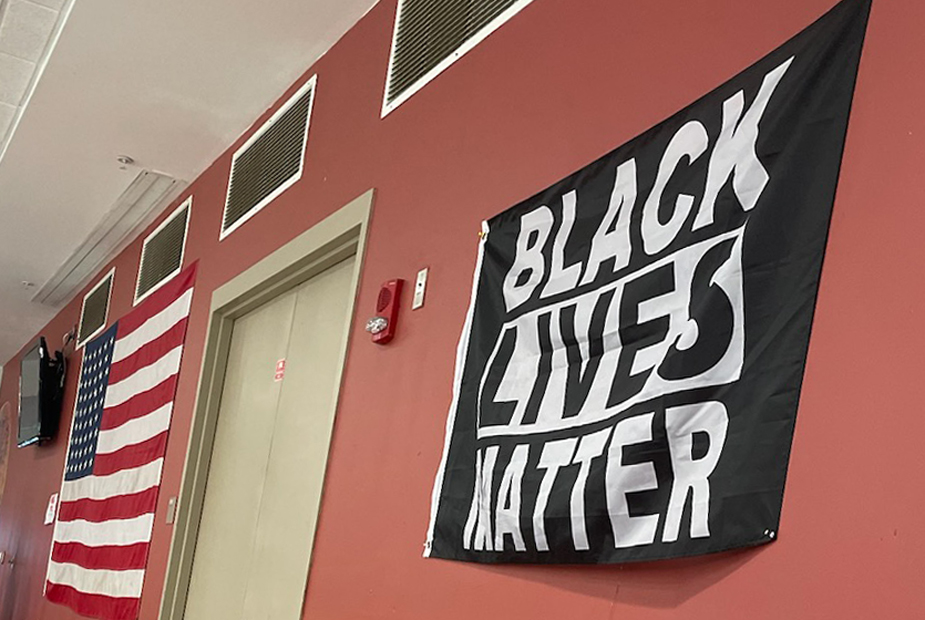Second Place Winner - Marblehead Beacon Writing Competition
The Impact of Social Media on "Performative" Activism
By Bella Takata, Marblehead High School Junior
$150 Prize Winner - Thanks to Sponsors The Property Twins and Stowaway Sweets
Many a motivational speech and tabletop decoration have been interwoven with the quote, “Be the change you wish to see in the world”. This message surrounds us, but how many of us actually listen to and act upon it?
The answer is very few. The use of social media as a catalyst for social change has become its own Achilles heel, especially in my demographic as a Junior in High School. The ability to hide behind a haphazardly crafted infographic or an “activist” post has enabled teens to become bystanders to the social activism we consider ourselves a part of. The first time any of this “performative” activism had become apparent to me was in 2020 with the “Black Out Tuesday” movement.
The Black Out Tuesday movement took place entirely on Instagram as a response to the murder of George Floyd, a demonstration in support of the BLM movement. A user would post a black square with the caption #blackouttuesday, occasionally accompanied by an additional caption containing any sentiments around this issue the user had. On June 2, 2020, the Instagram feeds of myself and my peers were flooded with these posts. So many black squares in fact, it outnumbered the amount of people who had posted anything else on the topic. No further action was taken, and almost all of these black squares have vanished off the feeds of my peers since. Black Out Tuesday was over, and it seemed, so was the sentiment towards this issue. This movement is the poster child for performative activism. From the comfort of one's couch, a user could simply post a black square and shut off their phones, content in the fact that they have done their part to change the world and that all their followers will see what they have done to contribute. If one was to not post this black square, it would be seen as a lack of support for this social issue. No matter what one's standing was on the topic, on that day activism was as easy as a post. It is safe to say that Black Out Tuesday did not do due justice to the hundreds of years of racism in America. However, it did enable people to think they did their due diligence.
2 years after Black Out Tuesday, Roe. V Wade was overturned in America. For many people, this spelled the end to vital reproductive healthcare. Marblehead is fortunate enough to not have been affected by this ruling, once again, giving us the perfect opportunity to step back and watch. Many of us were alerted to the ruling by posts on Instagram. These pastel pink infographics were adorned with uteruses and flowers, marking a USA map of the states in which women were no longer permitted rights to their bodies. Every girl I know had posted these infographics on their story, with no additional comments this time. None of the men I followed had posted. Sophia Weiner- also a Junior at Marblehead- and I arranged a protest to show our support and outrage at this ruling. Out of the hundreds of posts, less than 10 of my peers attended. Perhaps they had thought sharing the information was where their obligation ended, and perhaps it was. Educating and raising awareness on an issue is always the first step to activism. However, the posts they were sharing had called for change, so it could be assumed that the users wished to contribute to change. Yet, attendance was low.
I do not claim to be innocent of any of these acts. I posted a black square, and have reposted dozens, if not hundreds, of pastel pink infographics which alert others to the removal of my rights in my country. I have a fund to which I have not contributed in my Instagram bio urging others to donate when I know few, if any, actually will. Why do we do this? Why do I, even after my tirade against this very thing? The answer to this question is the same as any other posed to High School students, which is what makes this an issue so prevalent to my generation. We do it to fit in. We do it because it is easier to be satisfied than to work for issues which may be futile or in the end, or not personally affect us. It is difficult to make change as a teen. We cannot vote or do anything without permission and supervision from adults. But it does not mean we should be content with posting to have posted. Though social media is the main form of communicating information in my generation, change must be made in the real world for any progress to be made.
This is not simply a social media issue, or even a Generation Z issue. “Thoughts and Prayers” has been the response to the unjust loss of hundreds of lives, and those fortunate enough to not have been impacted stand by and watch. Social media simply makes it easier for young people to neglect the responsibility we shoulder when we pronounce ourselves as “social activists”. Through the spread of information through social media, young people understand these issues more thoroughly and from countless different perspectives than an older generation would. This makes it all the more outrageous that no action is being taken when a plethora of information and opportunity to do so is readily available in today's digitized society. Education is not enough. Real change requires action.
Bella Takata is a junior at Marblehead High School and a member of the Marblehead High School Swim and Dive Team. When not in the classroom, she can be found training in the pool, doing mediocre at-home craft projects, or in the local coffee shop ordering an iced latte. She is currently writing a historical fiction novel and a short film, neither of which will likely be finished in the next year.

